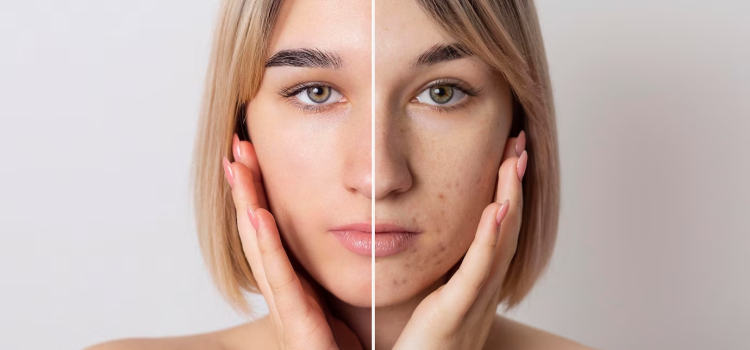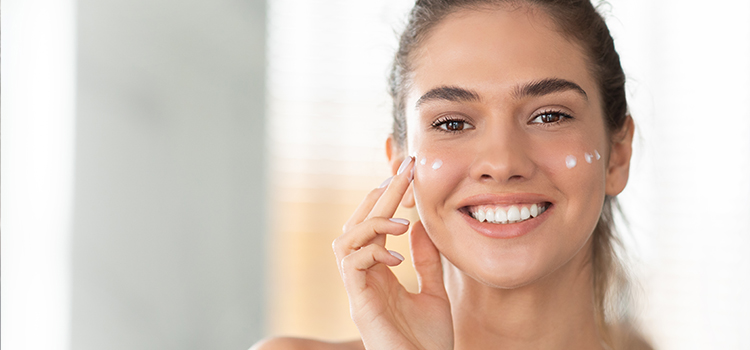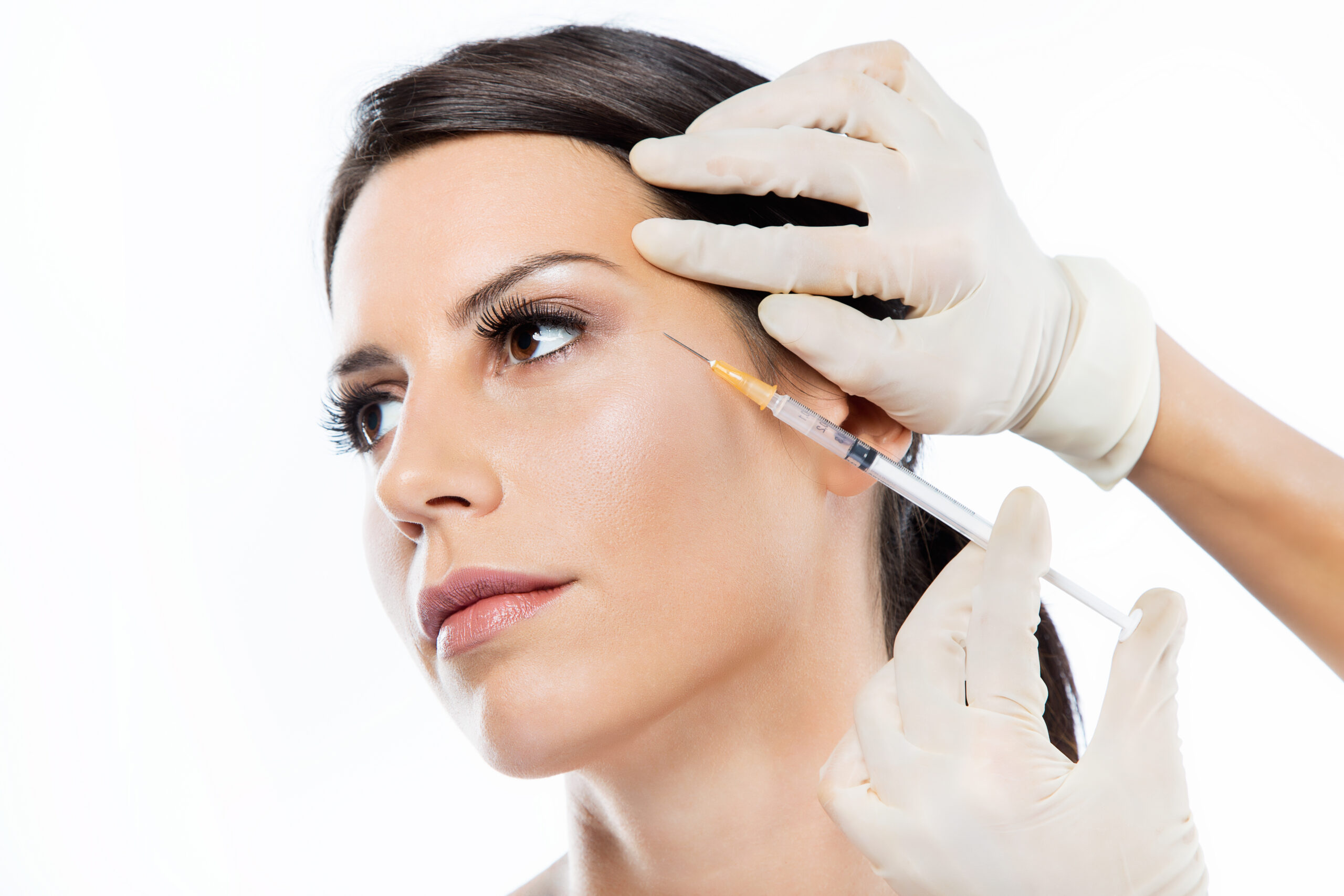The human body contains cells known as melanocytes. Melanocytes produce melanin, a pigment, quantity and quality of which decide our skin tone. Under certain circumstances, skin produces excess amount of Melanin, leading to darkening of skin. Though, both tanning and pigmentation, are associated with excess melanin formation, and skin darkening, their causes and treatment are different, hence making it essential for you to know the difference between the both.
What is tanning?
Tanning occurs due to over-exposure to sunlight without proper precautions. In fact, its protective mechanism of skin to protect itself from harmful effects of UV rays. It appears as uniform darkening of the exposed skin. It generally involves superficial skin layers, but if neglected, can involve deep layers too. Tanning is easy to treat as compared to pigmentation, particularly during its initial stages.
What is hyperpigmentation?
Skin pigmentation, on the other hand, could be secondary to genetics, hormonal imbalance, acne, skin diseases or as a side effect of certain medications. Freckles, melasma, acne marks and age spots are few examples. Pigmentation, secondary to any reason, can get aggravated by sun-exposure. It usually appears as well defined patches or spots. It can occur over both exposed as well as non-exposed areas. Pigmentation generally involves deeper skin layers and hence they are difficult to treat.
How to treat tanning?
Since tanning is a form of hyperpigmentation mainly caused by UV rays of the sun, limiting sun exposure and using sunscreen over all exposed parts of body is the key factor. Use of protective gear like broad brim hat and sunglasses, while going outdoors are helpful in preventing a sun tan. If you have already developed tanning, you can consult a board certified dermatologist, who can suggest you creams and simple in-clinic procedures like peeling, hydrafacial or carbon facial to get rid of it.
How to treat pigmentation?
Treatment of pigmentation depends on the underlying cause. Sun-protection plays a vital role as your pigmentation can get worsen with UV rays. Using broad-spectrum sunscreen is key factor. Oral anti-oxidants can help to improve pigmentation by enhancing the effects of procedure. Laser could be main-stay of treatment in most of the cases. Do consult board certified dermatologist for the proper diagnosis and effective treatment.






